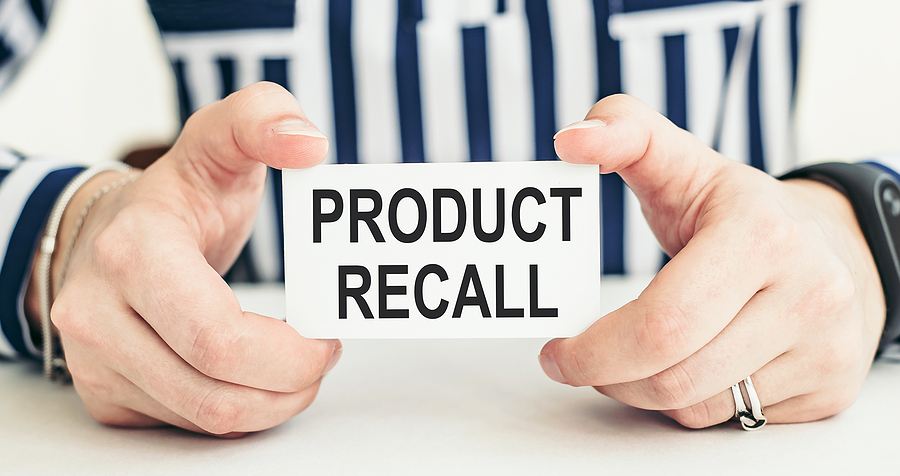When Can You Sue For A Defective Product?
 Michael Babboni
Recalls
There is both an unspoken and a real, legal agreement between a customer and a product. When someone buys a product, there is an expectation that the hard-earned money given will be exchanged with a product that will work as advertised and not cause any harm to the customer when following directions.
Michael Babboni
Recalls
There is both an unspoken and a real, legal agreement between a customer and a product. When someone buys a product, there is an expectation that the hard-earned money given will be exchanged with a product that will work as advertised and not cause any harm to the customer when following directions.Unfortunately, that’s not what always happens. Nothing is perfect, and sometimes products are damaged or defective. In some cases, this means the product doesn’t work as well as advertised, or not at all, which usually entails a refund or an exchange. In other cases, a product’s defects are so severe that you can get compensation in court.
Injuries Go To The Next Level
If a product is used and results in an injury, this is often the circumstance where a victim may go to court. While it’s true that some products, such as knives, for example, can easily result in an injury if used carelessly, most products, when working as intended, have a very low risk of harm. So when damage does occur, this is often an unusual event and may be the result of a defect in the product.
For example, in 2016, the family of French model Rebecca Burger was awarded one million Euros after a whipped cream dispenser Burger was using exploded. The fragments of the dispenser hit Burger in the chest at nearly bullet-like speeds, killing her.
Meeting The Conditions
Of course, just getting injured by a product isn’t necessarily enough to justify going to court. Chainsaws, for example, are very destructive, which is intended by design, so if you deliberately place your wrist directly over a working chainsaw and your hand is cut off, you can’t sue the chainsaw manufacturer for that if you did it on purpose. There are a few criteria that need to be met before the legal system will agree that a product-related injury requires financial compensation from the manufacturer. The conditions are:
An Injury Occurred
This is only true for a personal injury lawsuit. Depending on the circumstances, a product not working as intended may still go to court, but only an actual injury will qualify for a personal injury lawsuit.
The Product Was Inherently Defective
The defect must be the result of either a manufacturing or a design flaw, and must already be present. If a car, for example, has a gas tank that explodes, but this happens only after you use the car for target practice and shot the gas tank yourself, that wouldn’t qualify. However, if the gas tank came off the factory floor defective and at high risk for exploding, that’s another story.
The Defect Caused The Injury
If you have a car with a defective gas tank, at high risk of an explosion, but you get into a traffic accident where you are looking at your phone, fail to brake in time, hit another car, and suffer from whiplash, you can’t sue the car manufacturer for that. The defect did not cause your injury. However, if a child’s baking oven has a defective door that traps hands in the oven and burns flesh, that injury results from a defect.
The Product Was Used As Intended
Finally, a product must be in use, being operated safely. Taking an aerosol can, for example, and then suing when you expose the spray to a flame, turning it into a blow torch that you aimed at yourself is not being used as intended. Applying the brakes to a car, with the brakes failing to operate, resulting in an accident, however, is.
If a defective product has injured you or someone you know, talk to a personal injury lawyer in St. Petersburg to find out what your next move should be.
